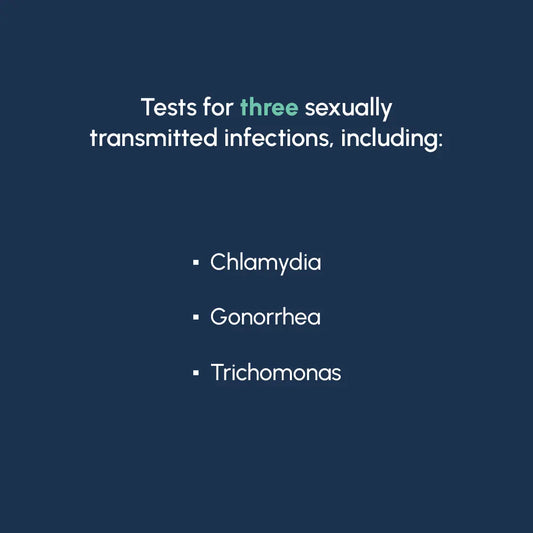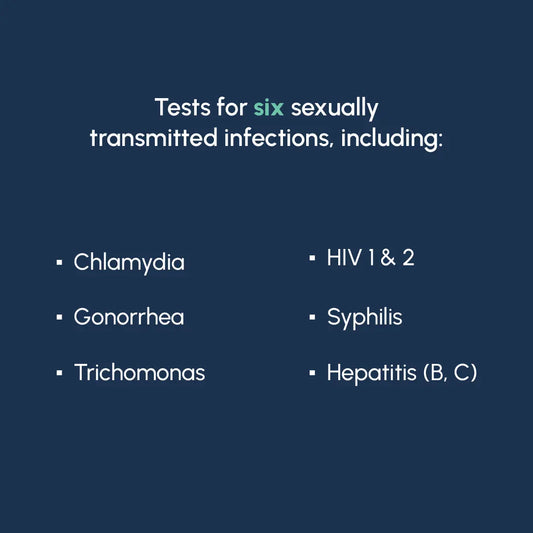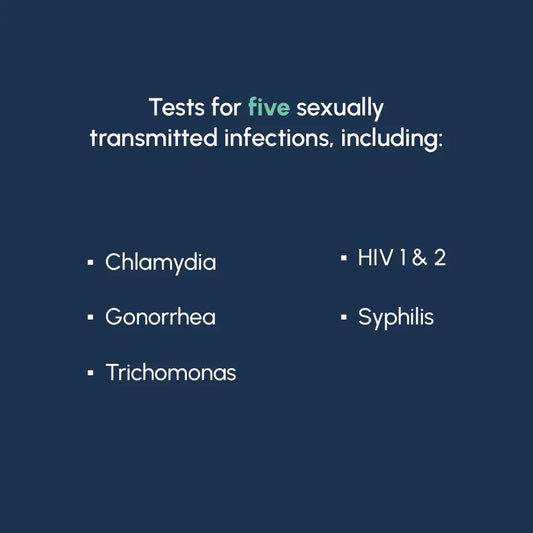Understanding Women’s Sexual Health: Why STD Testing Matters

Women’s sexual health is a crucial aspect of overall well-being, yet it often remains shrouded in stigma, misinformation, and silence. Recognizing its importance goes far beyond reproductive needs; it includes a holistic understanding of physical, emotional, and psychological wellness. True sexual health means having a positive and respectful approach to sexuality and sexual relationships—free from coercion, discrimination, or violence—and ensuring access to care that supports every woman’s right to make informed choices about her body.
The Overlooked Importance of Regular STD Testing
Sexually transmitted diseases (STDs) and infections (STIs) are among the most common, yet most preventable, health issues affecting women today. According to the Centers for Disease Control and Prevention (CDC), women are biologically more susceptible to many STIs than men, and untreated infections can lead to serious long-term complications, including infertility, pelvic inflammatory disease, and adverse pregnancy outcomes.
Despite these risks, many women delay or avoid testing because of embarrassment, fear of judgment, or lack of convenient options. However, regular STD testing is a proactive act of self-care, not shame. It empowers women to take charge of their health, build trust in their relationships, and prevent potential health complications before they arise.
Breaking Down Barriers to Care
One of the greatest challenges in women’s sexual health is access—both to education and to testing services. Many women report that they were never offered comprehensive sexual health education, leading to misconceptions about risk factors and testing frequency. Others face logistical barriers, such as lack of time, transportation, or privacy.
The growing availability of at-home STD testing kits has transformed the landscape of women’s health. These confidential, reliable tests allow women to screen for common infections like chlamydia, gonorrhea, HIV, and HPV from the comfort of home. This accessibility not only removes stigma but also promotes early detection and treatment—critical factors in preventing the spread of infection and protecting long-term reproductive health.
Education, Empowerment, and Prevention
Open dialogue and accurate information are the foundation of sexual health. When women feel informed, they’re more likely to seek care, communicate with partners, and make empowered decisions. Healthcare providers, educators, and community organizations all play vital roles in normalizing conversations about STD testing and sexual wellness.
Prevention starts with awareness: using protection, limiting risky behaviors, maintaining regular checkups, and understanding that even asymptomatic individuals can transmit infections. By taking these steps, women can protect not only their physical health but also their emotional and relational well-being.
A Path Toward Confidence and Equality
Sexual health is deeply connected to confidence, mental health, and overall life satisfaction. When women have access to testing, education, and judgment-free healthcare, they gain autonomy over their lives and relationships. Promoting comprehensive sexual health is not just a medical issue—it’s a step toward equality, dignity, and empowerment.
By breaking the silence surrounding STD testing, we can create a culture where women’s health is prioritized, respected, and celebrated. Every test, every conversation, and every informed decision brings us closer to a future where women can live healthy, fulfilling, and empowered lives.
If you're interested in testing, order one of our STD Kits today!






